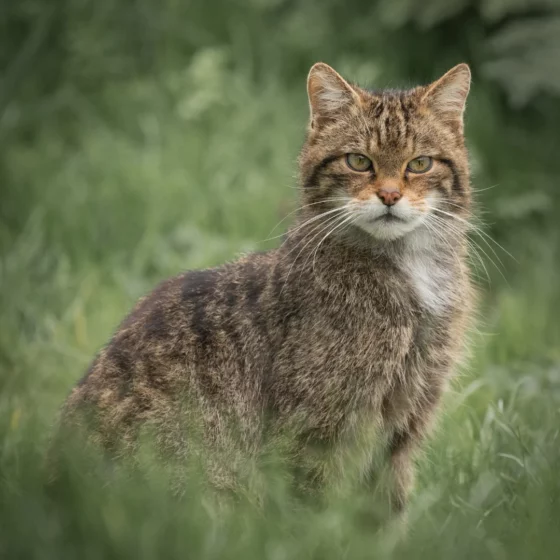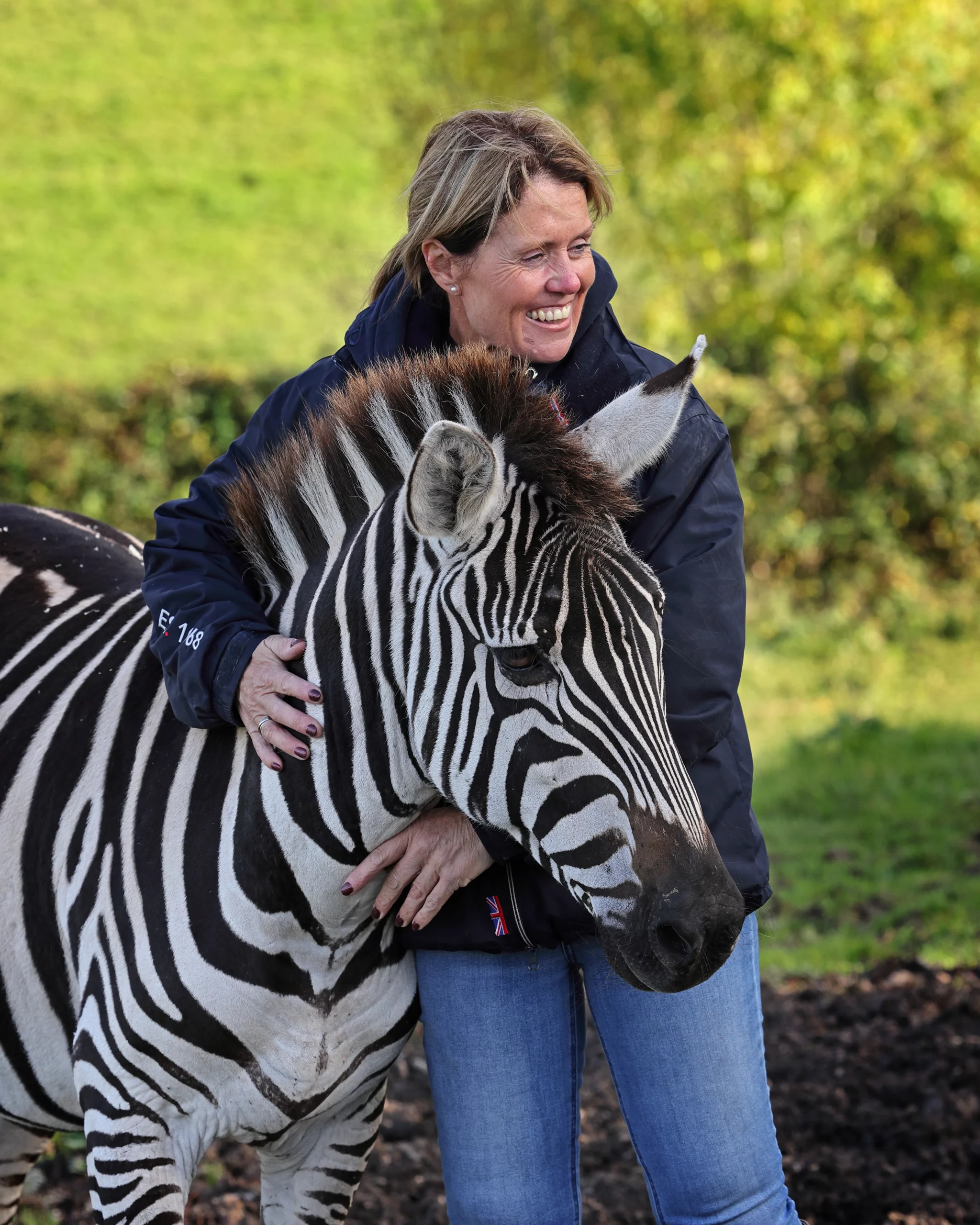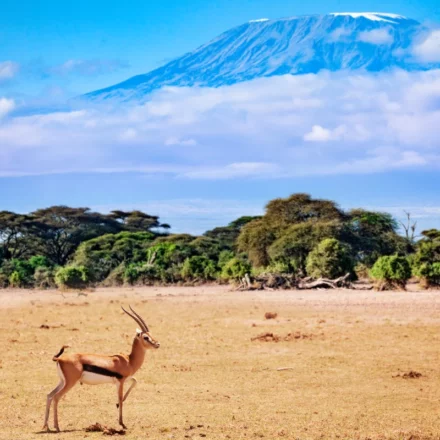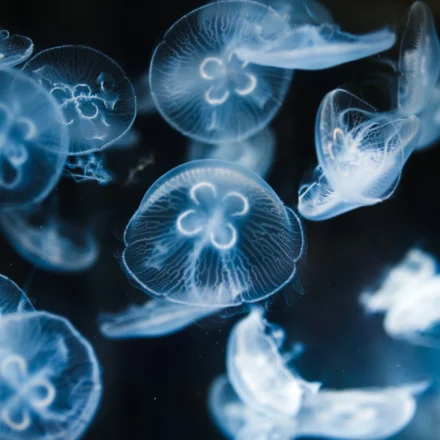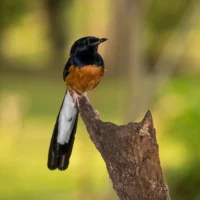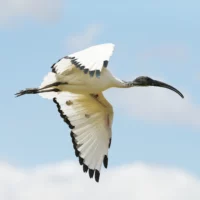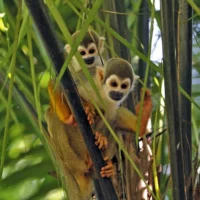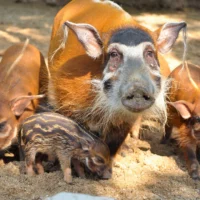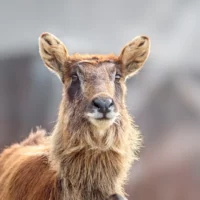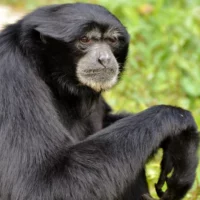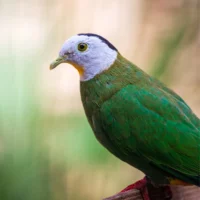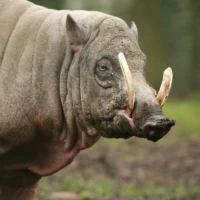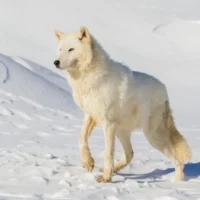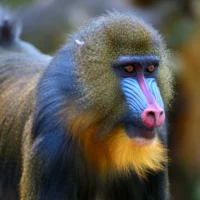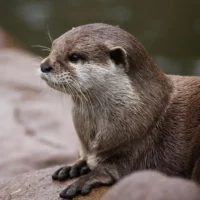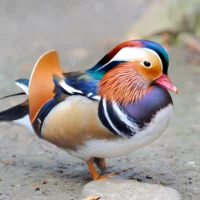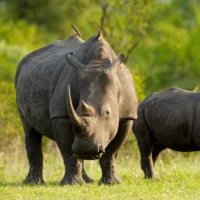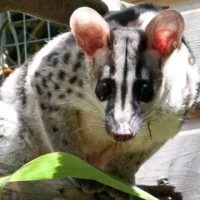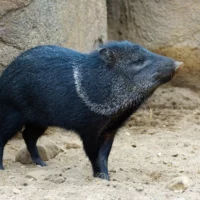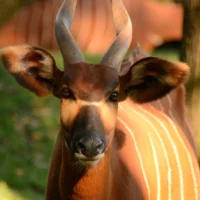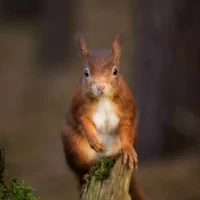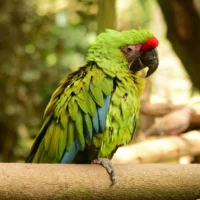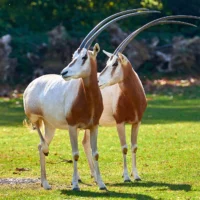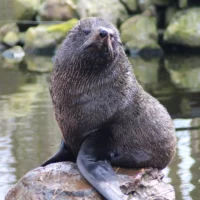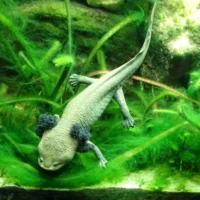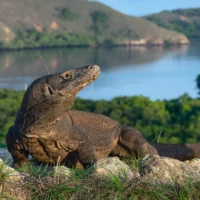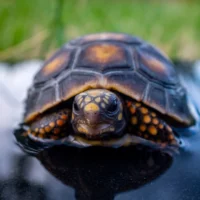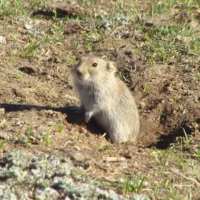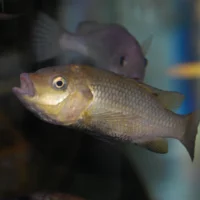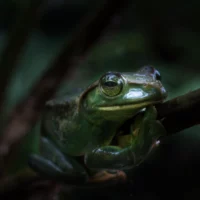Nature’s SAFE, the biobanking conservation charity on a mission to Save Animals from Extinction, is working against the clock to safeguard our natural world by storing cell tissues in a living state from species across the globe. In an exciting milestone for UK wildlife conservation, the charity has now safely stored cell tissues from the critically endangered Scottish wildcat, bringing their total number of species banked to 200 and marking the expansion of their work into preserving native species.
Scientists have identified 1.7 million species with an estimated 5 to 20 million more yet to be discovered. The United Nations estimate 1 million of these are at risk of extinction: using conservative estimates, one species could be going extinct every hour. Nature’s SAFE is working in a race against time to bank living samples from 50 genetically distinct individuals from as many endangered species as possible – an insurance policy to save an entire species and for the continuation of biodiversity on our planet. The wildcat marks the 200th species Nature’s SAFE has stored. Tullis Matson, Nature’s SAFE Founder and Chair, explains the importance of this milestone:
“To have cryopreserved our 200th Species is a significant milestone in the Nature’s SAFE journey, but for the 200th species to be one of the UK’s rarest and most endangered species, the wildcat of Scotland, makes it an ever more momentous occasion! I see Nature’s SAFE as the leader of charity living biobanks, not just saving endangered species across the world, but now including our native species.”
The Postcode Local Trust, a grant-giving charity enabled by players of People’s Postcode Lottery, have awarded Nature’s SAFE with £16,000 to be used to help save British wildlife – and the help has begun.
The wildcat of Scotland is the only native member of the cat family still found in the wild in Britain, but historical population decline due to habitat loss, persecution and more recently, an increase in genetic hybridisation from breeding with domestic cats, has left this unique species on the edge of extinction. Scotland’s wildcat population is now considered ‘non-viable’ following an independent review by the IUCN Cat Specialist Group. The IUCN report concluded wildcat releases, at suitably prepared sites, are now essential for the recovery of the species.
The Saving Wildcats partnership project led by The Royal Zoological Society of Scotland (RZSS) aims to ensure the survival of the species through a captive breeding and release programme alongside threat mitigation and research.
David Barclay, Ex-situ Conservation Manager and UK Conservation Breeding Programme Coordinator said:
“Wildcats are on the brink of extinction in Scotland and conservation action is essential for this iconic species. Preserving genetic material is a valuable resource in our wildcat conservation “toolbox” and helps us implement sustainable, long term, strategies. Saving Wildcats and the UK Conservation Breeding Programme is delighted that Nature’s SAFE has chosen a wildcat from Chester Zoo that is part of the valuable UK conservation breeding programme for this species as the 200th sample to biobank. This compliments the programme’s ongoing commitment to genetic sample collection. We are confident that by working together to expand the range of tools we have available for wildcat conservation, we are able to create a brighter future for our iconic Highland tiger”
Nature’s SAFE is one of Europe’s first charitable living biobanks set up to freeze and store live cells and cell lines from endangered animals to safeguard the genetic diversity of species at risk of extinction. These cells can be stored for decades and used to help restore healthy populations through future assisted reproductive technologies. To date, as Nature’s SAFE is the European Association of Zoos and Aquariums Biobank UK Cryonetwork partner, they have been collecting and storing live cells from species within European breeding programmes, and now, thanks to the players of the People’s Postcode Lottery, are working to do the same for at risk UK species.
26% of mammal species in the UK are at risk of extinction – over the last 50 years, there has been nearly a 20% decline in the population size of all assessed UK mammals. Birds are in a similar state of peril with the British Trust for Ornithology estimates there to be 114 million fewer birds flying across the UK than there were in 1970, with the greatest declines being in farmland species. All of our 6 species of native reptiles are in decline due to habitat loss and degradation, and nearly a third of all native amphibians are classed threatened with extinction here in the UK.
